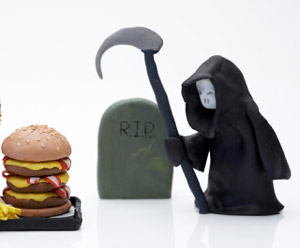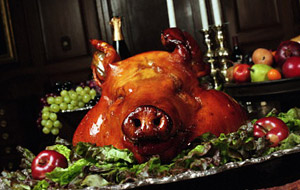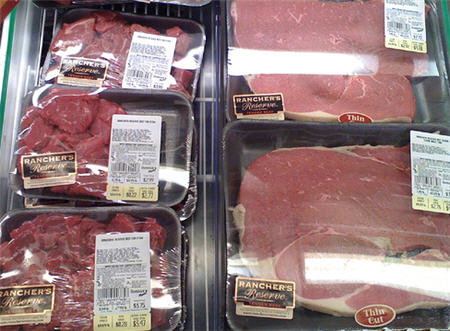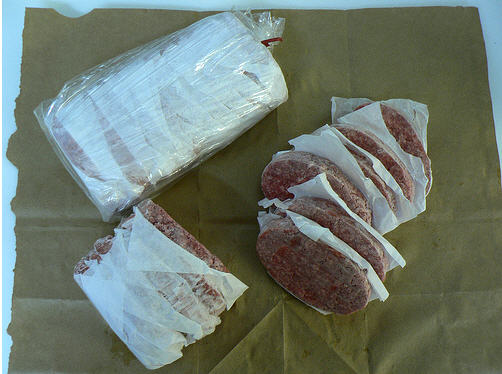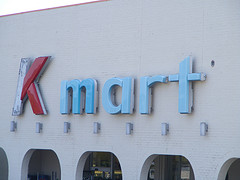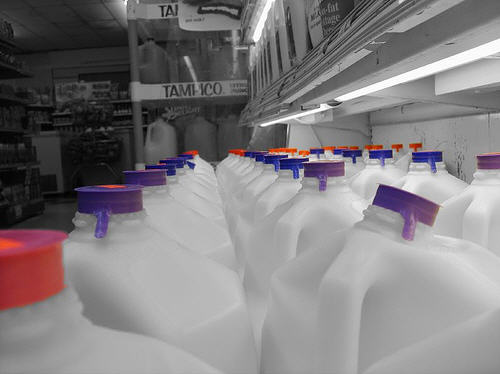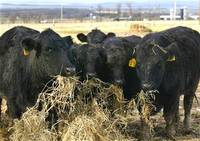Seventeen days after Topps launched the second largest meat recall in U.S. history, the 67-year-old company announced that it’s going out of business. Topp’s COO told American Agriculturist:
“In one week we have gone from the largest U.S. manufacturer of frozen hamburgers to a company that cannot overcome the economic reality of a recall this large… We want to thank our loyal employees and customers who have supported us throughout the 67 years in which Topps Meat has been in business,” D’Urso said. “Topps has always prided itself on providing the utmost quality and safety and never had a recall in our history until now. This has been a shocking and sobering experience for everyone.”


